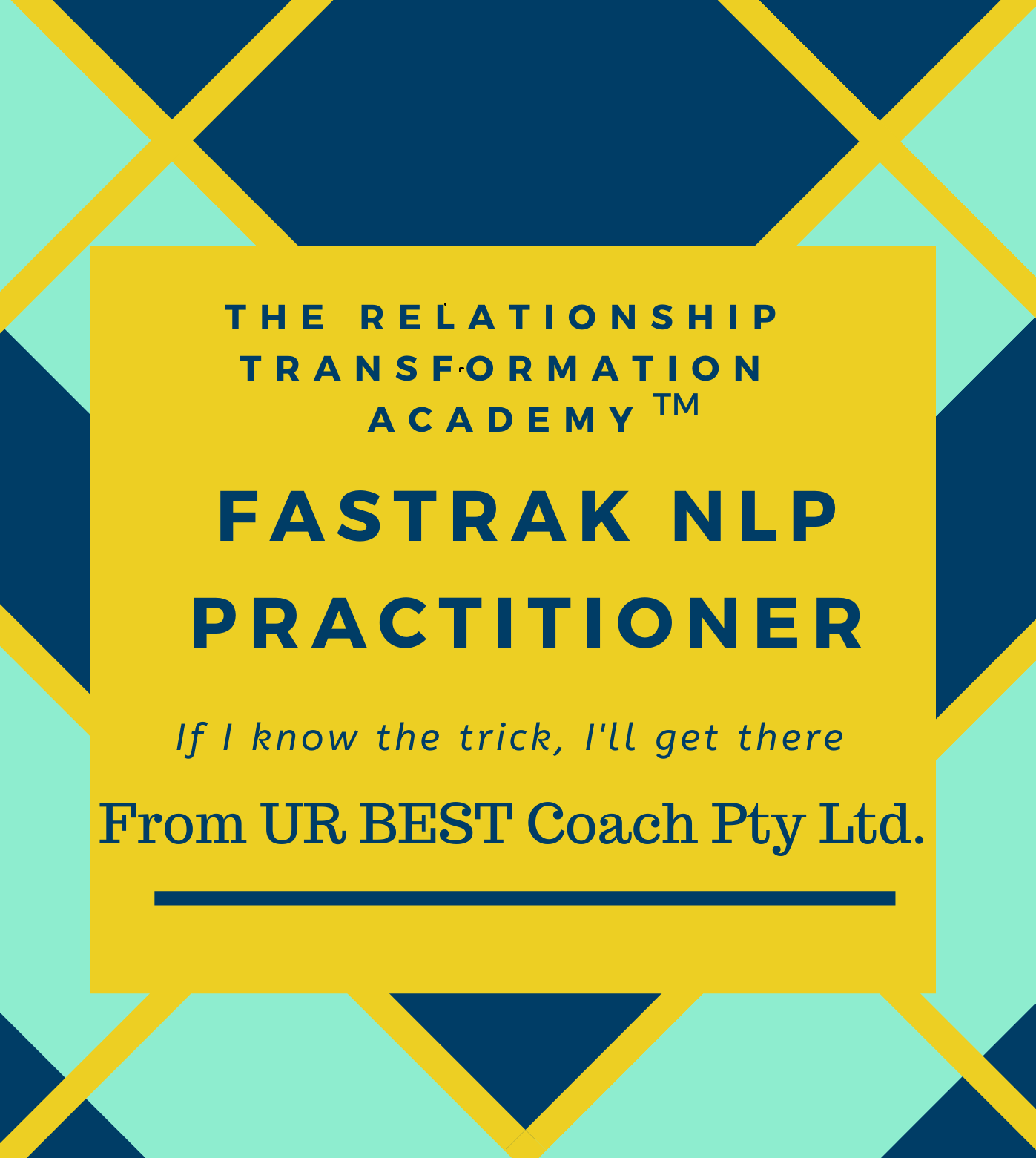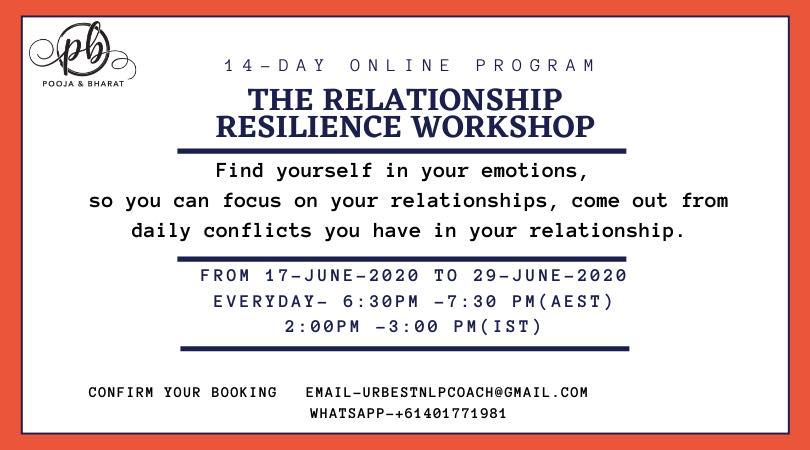How to develop a friendship with your kids
This article will help you connect how parents and children can improve their relationships by observing society.
Some physiological factors, genetic inclinations, and psychological factors, such as mental disturbance, might influence developing a poor friendship between a child and their parent. But this is the exception and not the rule.
Like any other relationship, the friendship between a parent and a child only starts when they and their child includes the attributes of respect, equality, trust, honesty, listening, and open communication, among many others.

The main rule in establishing this level of connection in a child’s development is that the parent wears friends’ hat, and you know the earlier, the better.
Though there is a misconception that parents shouldn’t have friendships with their children until they are adults.
We at PoojaBharat believe’ s that the honest answer of how to develop a friendship with your kids is by giving a type of guidance that has positive and constructive results.
Let’s accept that raising up a child is hard work, and we parents not only want a disciplined child but also want to inspire resilient future generations.
First, discipline is essential for a child’s early years because it is the parent’s mandate to ensure the child is kept safe and their well-being is looked after. But once they get the basics, they can manage these viewpoints of their life themselves. This is when a true friendship can begin to well evolve.
However, suppose a parent applies authoritarian disciplinary tactics throughout their upbringing. In that case, it simply creates an automatic response and emotionless engagement, which means there is no room for a friendship here, which is why it isn’t a healthy or holistic approach to parenting.
Once a child is mature, if they feel that there is not enough trust in the relationship to discuss the most critical issues, it leads you away from any kind of relationship.
It usually comes down to communication, recognition, admiration and realistic expectations.
Children usually don’t develop trust and respect if their parent yells and screams at them for years. Even if it is the most talented information a parent could provide, it won’t be acknowledged and will not reach its intended aim if the delivery is poor.
Because True friendship has communication that is respectful, fair and balanced. It is, therefore, the adult’s responsibility to ensure they create compatibility in the relationship because the child is simply still a child.
Secondly, Acceptance is also essential to creating a true friendship.
This doesn’t mean that the parent has to like or approve everything about who they are, but as we accept them for who and what they are in that moment and embrace them in a way that doesn’t frighten or push them away, then their bond with the child is more robust, and they’ll more likely have a formative character in their growth.
Remember, the goal is to make a child feel respected even if they know that the parent disagrees with them.
We, as parents, can’t always expect our children to behave and follow our stringent rules; because that’s an unrealistic way of operating in a relationship. Kids become traitors; that’s human nature.
And of course, you would agree that the less they have to rebel against, the more connected both side would feel.
Meanwhile, you may be wondering by now that this doesn’t mean that the parent shouldn’t have practices—they are essential in maintaining peace and respect in the home and productively in the development of children. The rules are crucial, yet the rules should be chosen wisely and implemented conversationally & in agreement with the child, so they feel safe, comfortable, and welcome discipline rather than the imposition of parents.
Thirdly, Set the right expectations.
A parent needs to pay close attention to their kid’s behaviour and not indulge themselves in the drama of their life. They should embrace them for the fact that they are
- children
- still underdeveloped
- lacking enough knowledge
- improving in behaviour,
And the role of a parent is not expecting their child to be perfect or “grow up” immediately; instead, it is to put in the efforts year by year to grow a child into a human being.
The journey may not be easy, and you as a parent would face conflicts, doubts, questions and maybe negative emotions such as anger, sadness, guilt, frustration.
Yet if the relationship is strong and catered for everyone’s emotions, the child feels respected and listened to, their parent’s guidance is more likely to be warmly received. This is even more powerful if they have developed a strong friendship with them in their early years because a child wants to hear their advice. After all, it makes them feel like an equal party. If their opinion is respected, they will engage more openly and responsively.
Finally, put them equally.
Also, as they feel close enough to their parent that they want to listen to the advice given, they will be more truthful in their communication.
While on the other hand, a strict household creates lies and distrust.
And a child can sense that if they get into serious trouble for something they have done, then, of course, they’re not going, to be honest about it.
It makes perfect sense to lie to protect oneself, especially if they disagree with the rule in the first place.
But if we work toward making a bond of friendship between the child and the parent, they feel close enough to their parent and listen to the advice they give, they will be more truthful in their communication. If they feel like an equal party, they will retain more openly and responsively, respecting their opinion.
All parents want to inculcate proper values in their children, and they want them to believe things they also think. But this is unlikely to comprehensively happen—every person is different, and although there may be similarities, there will always be areas where they disagree.
For example, the world is changing, so does social values, beliefs and practices. There will always be a generation gap if the parent doesn’t evolve with the changing times. So the old saying “respect your elders” won’t be well received by a child who disagrees with how an elder expects their fundamental principles and practices to be adhered to.
In this case, it is essential to “agree to disagree” so that the respect of the friendship can be maintained.
As we implement the agree to disagree approach with our friends and give them enough space and respect, I always wonder why we don’t apply it with our children. We provide freedom to our friends to choose and decide in their own way then why not with our children.
All these unconscious strategies lead to poor friendship in families, especially in parents and children, then we’re doing it wrong. We should aim to build a trustworthy company where our guidance is sought after and respected, not disregarded and disrespected.
The great news is that it’s never too late for a parent to create a genuine friendship with their child. All it takes is some mutual admiration, open communication, active listening, fair judgement and pure love.
The parent should embrace their child for all their strengths and weaknesses and how they agree and disagree.
The key is to simply treat them exactly like we would want to be treated.







